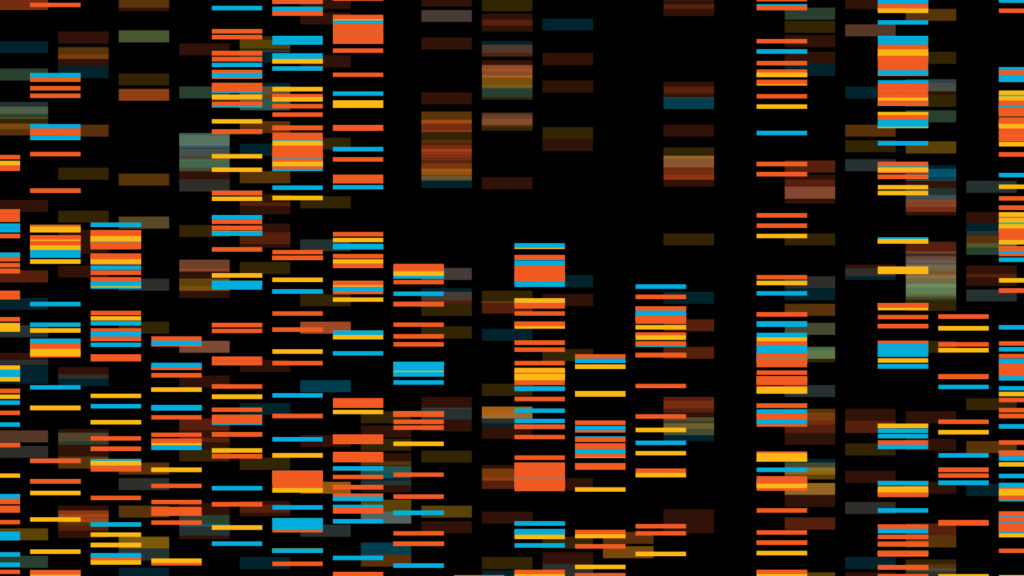
06 Mar Lack of diversity hinders genetic studies. We can change that
By Joyce Tung, STAT
As a geneticist, I feel fortunate to live in the post-genomic era. The sequencing of the human genome has made it possible to make advances in understanding human genetics at an unprecedented pace. Genetic research is changing our understanding of early human migration and offering tantalizing insights into human biology. I have high hopes that we will be able to use these insights to better prevent, treat, and potentially cure diseases.
And yet, genetic research also engenders frustration. My hope for the future doesn’t currently apply equally to everyone because the vast amount of research that has given us these insights has been done mainly among people of European ancestry.
Genetic differences exist between people of different ancestries. That means genetic studies that focus on just a handful of populations give an incomplete picture. A biological insight that emerges from a study of people of European descent may not apply to someone of East Asian descent, and vice versa.
In order for everyone to benefit from sequencing the human genome, genetic studies must be conducted in people of all ethnicities — as well as all genders, ages, incomes, and sexual orientations. It’s a simple concept that seems to be fiendishly difficult to apply. Read more …



